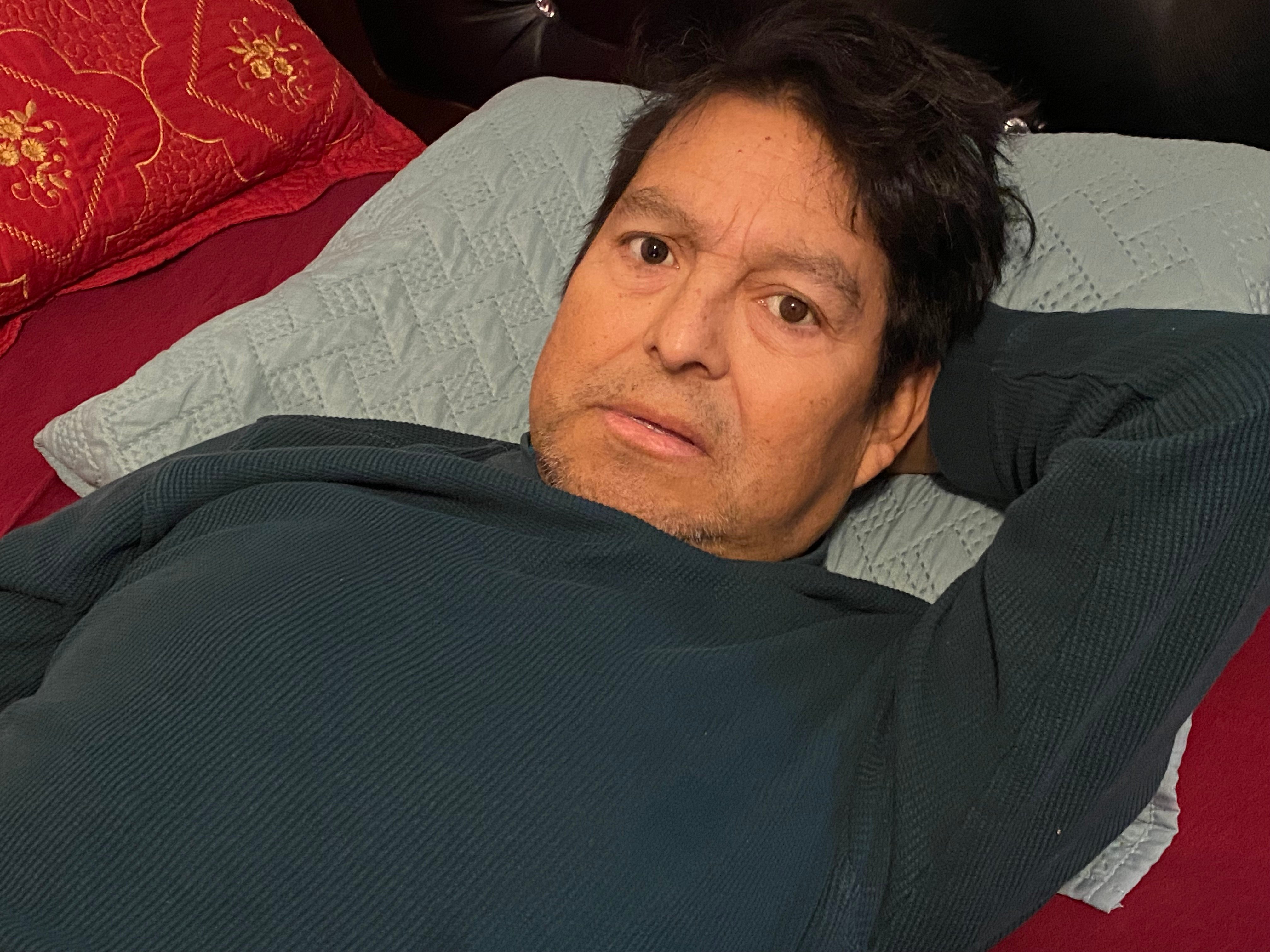First Terminally Ill Latino in U.S. to Publicly Announce His Plan to Use Medical Aid In Dying
Mar 28, 2024 medical aid in dying
José Alejandro Lemuz Urges Fellow Hispanics to Learn About Their End-of-Life Care Options

A terminally ill Latino, José Alejandro Lemuz, with incurable, terminal prostate cancer, has recorded a video to announce he plans to use California’s End of Life Option Act that allows medical aid in dying as an option to gently end unbearable suffering. The law was championed by civil rights icon Dolores Huerta.
The video was recorded in Spanish for Compassion & Choices a day after the 60-year-old mechanic was referred to home hospice care in Wilmington, California. To view the video in Spanish CLICK HERE and in English CLICK HERE. Due to the gravity of his illness, Don José and his children WILL NOT be available for interviews.
“I am already prepared,” he said in the video. “The good thing is that there is this option for me.”
In December 2023, the pain from rounds of chemotherapy and radiation and the cancer spreading to his bones became unbearable and Don José stopped all medical treatment.
“I can't stand so much suffering anymore,” he said. “I wouldn't wish this on anyone.”
Don José is using his last days to help Latinos understand that doctors should consult their patients about all their options, instead of trying to convince them to continue to endure painful treatments when physicians know there is no longer a cure.
“There's no cure for me, and no matter what medications they give me and all that, that wasn't going to help me—it was never going to help me, rather it was going to harm my body even more,” he said in the video.
Don José has endured numerous rounds of chemotherapy and radiation since he was diagnosed in 2018 with prostate cancer stage 4.
“I can hardly get out of bed,” he said in the video. “I have convulsions when I get a fever.”
Unfortunately, Don José said he had to learn about this law through YouTube videos of a young terminally ill advocate for medical aid in dying from Puerto Rico, the late Miguel Carrasquillo, and TV news stories, instead of through his own doctors.
“The last appointment I had with my oncologist, the doctor told me that I was fine,” he said in the video. “I told her, “No, well, I'm not fine. I don't feel well. I said, “But why won't you support me?”
The legal option of medical aid in dying is available in California, nine other states, and Washington, D.C. The law allows mentally capable, terminally ill adults with six months or less to live to take medication prescribed by a doctor that will allow them to die gently.
“Don Jose's story is a reminder for all of us to listen to our own knowledge, trust our own bodies and be vocal about the things that matter to us,” said Susan Wilhoit, MD, a medical director for Compassion & Choices. “I trust that all physicians are doing their best to care for their patients, but I encourage all healthcare providers to remember to support individuals with transparency and compassion. People want to make plans and treatment decisions knowing the realistic benefits, burdens, and full risks of any course of treatment.”
Less than three percent of the Californians who used the law in 2022 were Latinos, even though we represent 40% of the state’s population, and polling shows 68% of Hispanic Californians support medical aid in dying.
Although Don José is heartbroken over leaving his children without a father, his most urgent concern is how his 17-year-old son and 14-year-old daughter will pay for his funeral.
“I've asked for forgiveness from the people that I've harmed, that I've offended,” he concluded in the video. “I've asked God for forgiveness before leaving. I'm ready.”
About Compassion & Choices
Compassion & Choices is the nation's oldest and largest nonprofit organization working to improve care, expand options, and empower everyone to chart their end-of-life journey, with 450,000 supporters nationwide.
For more information, visit: CompassionAndChoices.org/California
Contact: Patricia A. González-Portillo, (323) 819-0310, [email protected]


